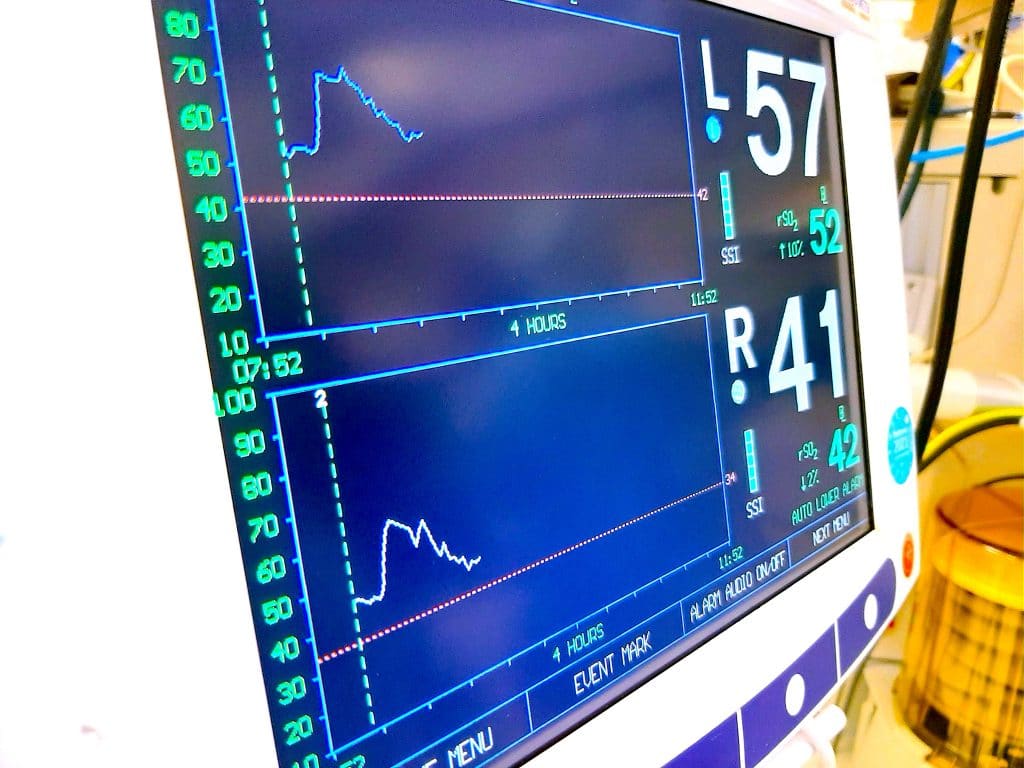Association Between the Variability of Cerebral Oxygen Saturation During Cardiopulmonary Bypass and Delayed Postoperative Neurocognitive Recovery in Cardiac Valve Surgical Patients: A Pilot Study

Aims of the study
The association between regional cerebral oxygen saturation (rSO2) and postoperative cognitive decline is controversial. In this study, we investigated the association between the real variability of regional cerebral oxygen saturation during cardiopulmonary bypass (CPB) and postoperative delayed neurocognitive recovery in patients undergoing heart valve surgery.
Methods used to conduct the study
A total of 71 patients who underwent cardiac valve surgery were enrolled in this study. Patients were assessed for cognitive function using the Mini-Mental State Examination (MMSE) and the Montreal Cognitive Assessment Scale (MOCA) on the day before surgery and the 7th day after surgery. The real variability of regional cerebral oxygen saturation (rSO2), real variability of the brain bispectral index of EEG (BIS), real variability of mean arterial pressure (MAP) and body temperature were monitored during CPB. Patients were divided into two groups according to neural cognitive function scores to explore the relationship between postoperative delayed neurocognitive recovery and the real variability of cerebral oxygen saturation, BIS, MAP, and body temperature during CPB.
Results of the study
Twenty-seven patients were diagnosed with postoperative delayed neurocognitive recovery. The occurrence of postoperative delayed neurocognitive recovery after surgery was closely related to the large variability of rSO2 during the rewarming phase of CPB (P < .05). Logistic analysis showed that preoperative arrhythmia, a lower level of serum albumin after surgery and greater rSO2 variability during the rewarming phase were risk factors for postoperative delayed neurocognitive recovery (P < .05). In this study, there was no correlation between postoperative delayed neurocognitive recovery and BIS, MAP or body temperature variability (P > .05).
Conclusions drawn from the study and clinical implications
The real variability of rSO2 during the CPB rewarming phase was related to postoperative delayed neurocognitive recovery in patients who underwent cardiac surgery.
